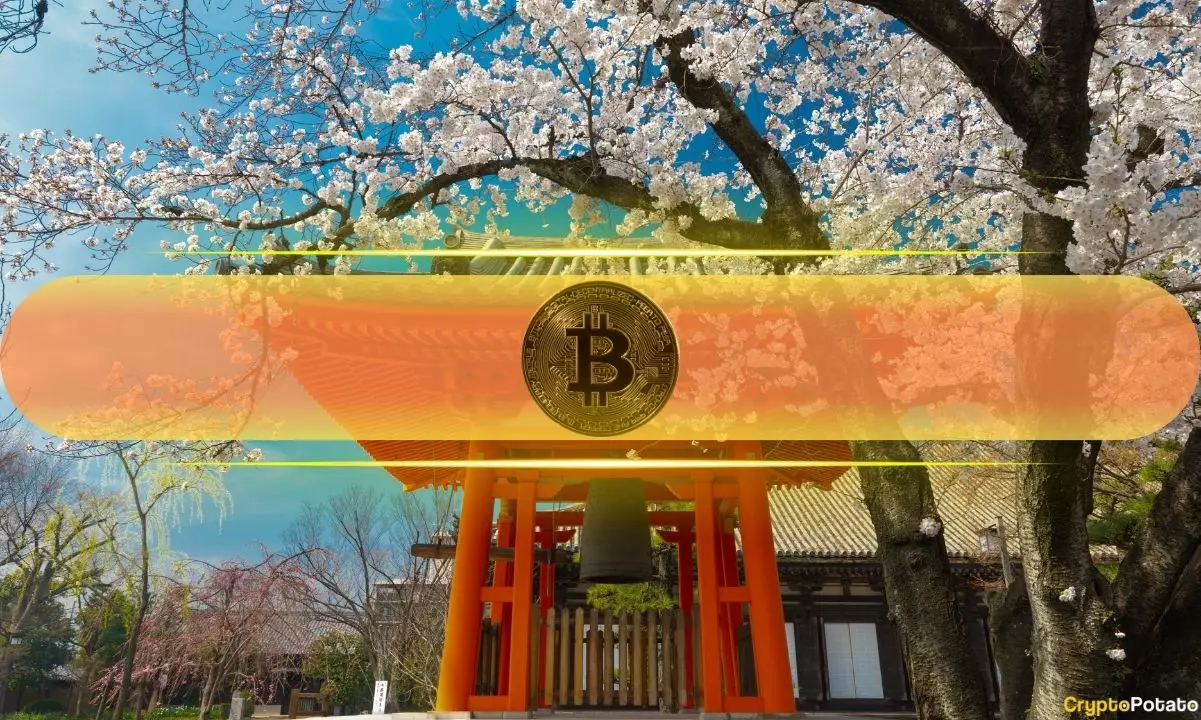In recent years, Bitcoin has surfaced as a significant asset in the realm of geopolitics, inciting a competitive atmosphere among various nations aiming to establish national reserves. The cryptocurrency’s increasing integration into financial strategies poses questions about how it could redefine state sovereignty in managing economic stability. As countries grapple with regulatory frameworks surrounding digital currencies, Bitcoin’s appeal seems unrelenting despite persistent skepticism from traditional finance sectors.
Amidst this transformative wave, Japan’s stance toward Bitcoin remains notably cautious. Local reports indicate that the Japanese government is hesitant to integrate Bitcoin into its national reserves largely due to concerns about security, liquidity, and inherent volatility. On December 20, the government officially articulated its position, asserting that cryptocurrencies do not align with the designated legal framework reserved for foreign exchange reserves. The fundamental role of these reserves is to stabilize traditional asset markets, a task that Bitcoin, with its price swings, complicates.
Prime Minister Shigeru Ishiba offered insight into this caution, emphasizing the lack of comprehensive information regarding the strategic approaches of other nations, especially the United States. This lack of clarity hampers Japan’s ability to formulate a perspective on adopting Bitcoin as part of its fiscal arsenal. Such a hesitance could leave Japan at a disadvantage if Bitcoin’s role solidifies internationally.
Potential Shifts in Policy
In juxtaposition, suggestions from political circles, like those from Satoshi Hamada, push for a reevaluation of Japan’s stance, citing the growing influence of the United States and the potential advantages of incorporating Bitcoin into national reserves. However, the Japanese government remains committed to a conventional approach, highlighting that the management of foreign reserve accounts focuses on safety and liquidity, two aspects that Bitcoin’s volatility directly threatens.
Interestingly, while Japan maintains a hands-off policy, its Government Pension Investment Fund (GPIF) is exploring Bitcoin as a means of portfolio diversification. This move indicates a possible acknowledgment of Bitcoin’s potential value, albeit indirectly, opening the door for future discussions on its broader adoption.
Meanwhile, other countries, such as the United States and Russia, are embracing Bitcoin as a strategic asset. The U.S. holds substantial Bitcoin reserves primarily acquired through asset seizures from illicit activities, underlining how cryptocurrencies can intersect with law enforcement practices. Republican leaders, including President-elect Donald Trump, are advocating for measures to formally recognize Bitcoin reserves, showcasing a proactive engagement with the cryptocurrency landscape.
Conversely, Russia’s initiative to create a strategic Bitcoin reserve further exemplifies how diverse geopolitical strategies regarding Bitcoin can be. Russian lawmaker Anton Tkachev points to the cryptocurrency’s potential as a stable alternative for countries under economic sanctions, envisioning a future where Bitcoin could play a pivotal role in global trade and finance.
As Bitcoin continues to solidify its role within the global financial framework, nations must navigate the uncertainties it presents. Japan’s current stance reflects a conservative approach centered on risk management, while other countries are moving swiftly to capitalize on Bitcoin’s potential. The interplay between volatility and strategic foresight will determine how countries position themselves in this rapidly evolving financial landscape. The future remains unwritten, and Japan’s eventual decision could set a critical precedent in the world of digital finance.














